Receive one of the most read articles by email once a day. Join us on Facebook and VKontakte.
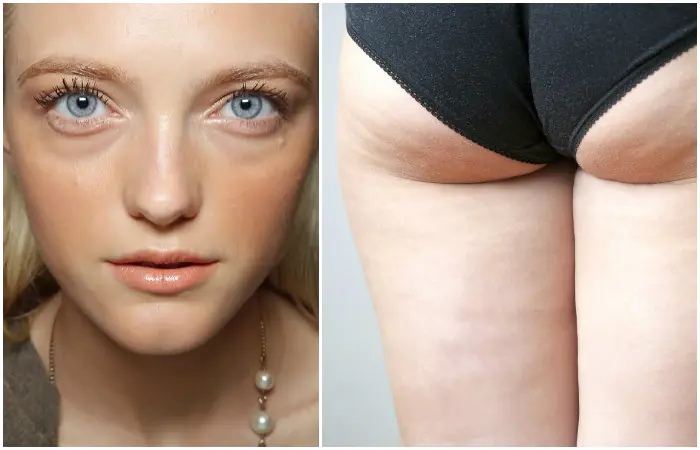
Often, actresses and models answer a banal question from journalists about what is the secret of their beauty: sleep at least eight hours a day. And they are not flirtatious at all. The lack of precious dreams affects not only our well-being, but also our external attractiveness. Sometimes critical. We are sure: you didn’t even suspect that for these flaws in appearance you need to say “thank you” not to genetics or poor ecology, but to lack of sleep.
Did you know that the number of hours of sleep we need to feel normal is determined genetically? Some people sleep for four hours and look like a cucumber, while for others the classic eight hours won’t be enough. But at the same time, scientists suggest that only 3% of people can be truly productive spending less than six hours in bed. But being productive and looking good are, alas, not the same thing. And lack of sleep, as a norm of life, is equally dangerous for your emotional health, physical health, and even beauty. For example, changes from the list below are visible in the mirror to the naked eye. Take a closer look at your reflection: maybe it tells you that you are not sleeping enough?
1. Pimples appear on your skin that haven’t bothered you since you were a teenager.
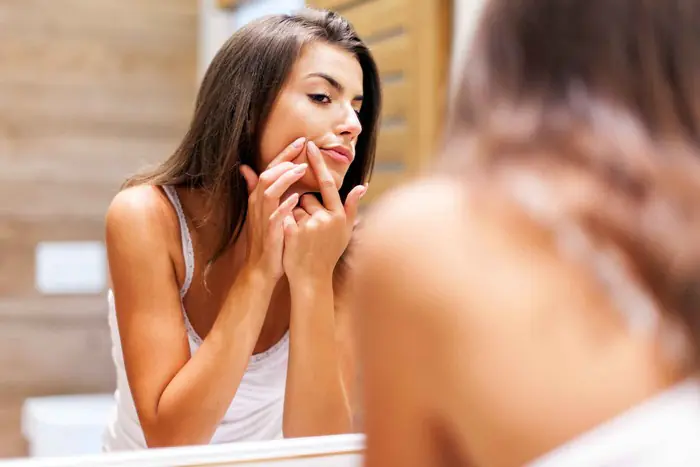
Of course, if you have oily skin, these not-so-pleasant guests on your face are by no means uncommon. But chronic lack of sleep only makes the situation worse. After all, during a night's rest, the level of the stress hormone cortisol, which in particular affects sweating and skin secretions, decreases. By depriving yourself of sleep, you force your body to produce cortisol in stress levels, which increases sweating and oily skin. The result is visible in the mirror within a few days. This is why lotions and other treatments for acne-prone skin may not be effective for years until you normalize your sleep and activity schedule.
2. Your pores have become wider and blackheads are appearing more often.

This point is a direct consequence of the previous one. The skin suffers from increased “stress” secretion, which immediately affects its condition. So you will have to cleanse your face with scrubs and peels much more often.
3. Wrinkles appear faster, and abrasions and acne marks heal slowly
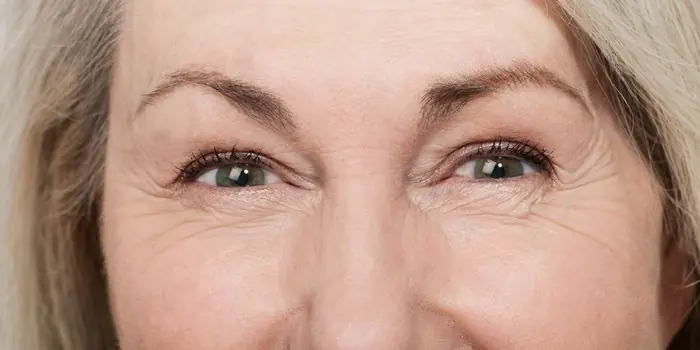
Many people know that it is during sleep that the main regeneration processes occur in our body. By reducing your rest time, you deprive your body of the opportunity to fully recover. And the “cumulative effect” is reflected, first of all, on the face. In particular, the synthesis of collagen, which is responsible for the elasticity and smoothness of the skin, slows down. The result is sad - the appearance of creases, wrinkles and changes in the oval of the face. And traces of rashes or minor scratches heal much more slowly.
4. You “burn” much easier and faster under the sun
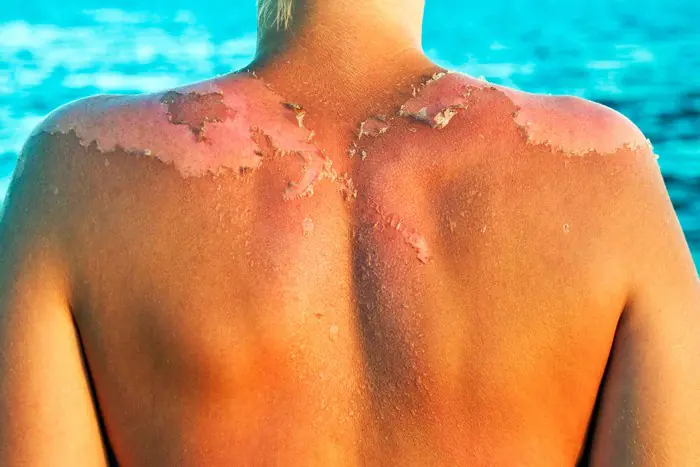
Our body produces natural antioxidants, the presence of which manufacturers of expensive creams love to boast about. Antioxidants help the body cope with negative environmental factors, including ultraviolet radiation. Guess what time their production peaks? Naturally, a night's sleep. So its lack weakens the body’s protective barriers on all fronts. And even the risk of returning from the beach with a bright red back increases significantly.
5. The risk of contracting an infection increases significantly
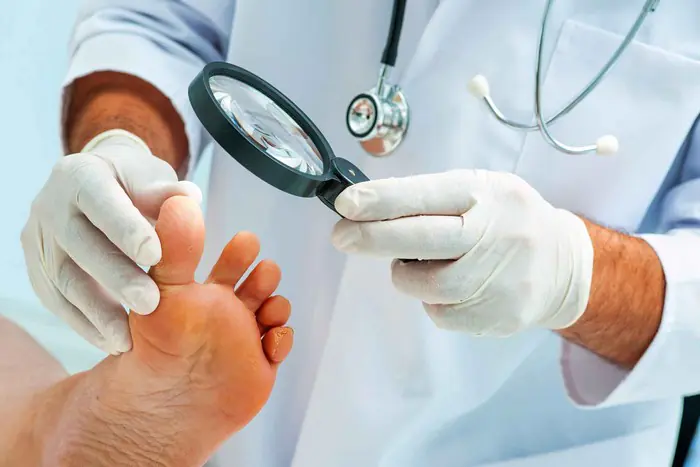
And we are talking not only about ARVI and influenza, but also about no less unpleasant skin diseases, in particular fungal infections. It has been proven that lack of sleep affects the immune system by lowering the level of white blood cells in the blood. So, if you want to be healthy, get enough sleep!
6. The complexion becomes gray and sallow

The reason for this is the inhibition of metabolic processes in cells, which accelerate during sleep. To put it simply, cells simply do not have time to renew themselves in time to reward you with a pleasant skin tone. Unfortunately, no amount of powder or blush can replace proper rest. But you’ve probably noticed how after a vacation, even your hand doesn’t reach for your favorite foundation, because the reflection in the mirror already pleases you with freshness. The conclusion suggests itself.
7. Psoriasis and eczema are a concern
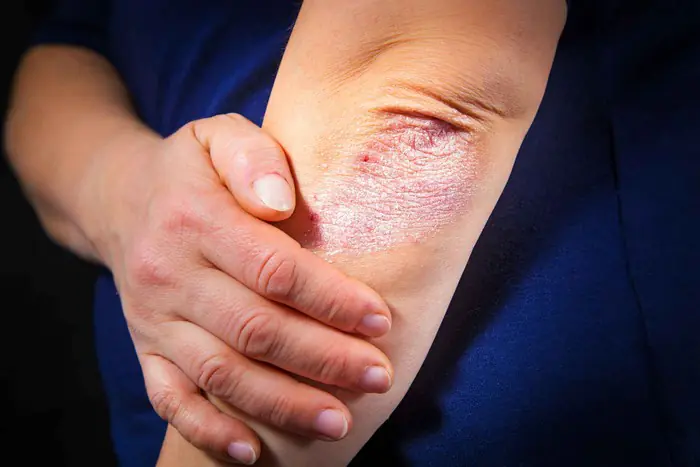
Medical research has shown a direct correlation between worsening eczema/psoriasis and increased production of the stress hormone cortisol. As noted above, cortisol levels naturally decrease during rest, and lack of sleep keeps them high. Which is a favorable environment for the “flowering” of unpleasant skin diseases.
8. Bags and swelling under the eyes become the norm. Just like... cellulite
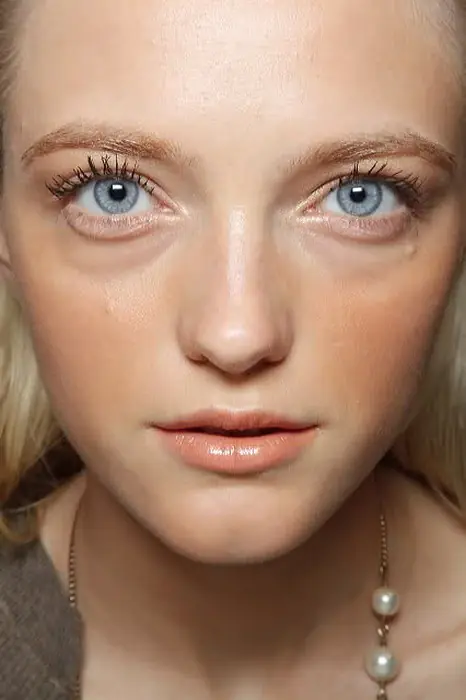
Surprisingly, bags under the eyes and the notorious “orange peel” have a common cause - insufficient lymph drainage. And recent studies have shown that there is a direct relationship between natural lymphatic drainage and daily sleep time. The less you sleep, the more likely you are to wake up with swelling and more pronounced cellulite.
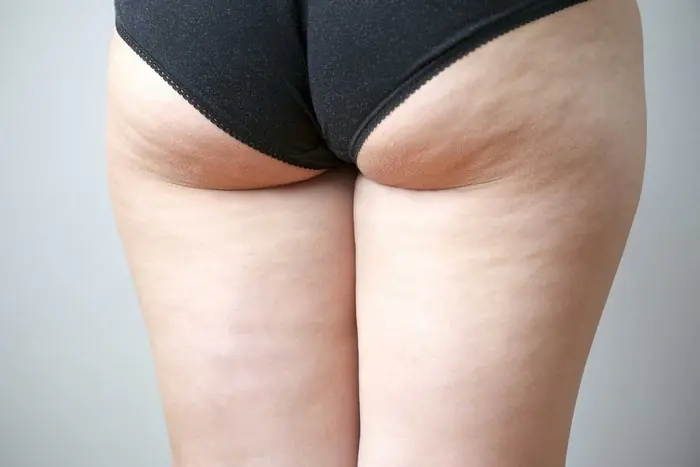
As you can see, lack of sleep is truly the first enemy of beauty. And if you decide to normalize your schedule, but suffer from insomnia, find out what to eat to fall asleep.
Did you like the article? Then support us press:

Of course, wrinkles appear from lack of sleep, but dark circles also appear under the eyes.
Therefore, you need to sleep at least 8 hours a day.
Sound sleep allows you to restore strength lost during the day.
If you constantly lack sleep, then fatigue, depression and apathy towards everything around you appear.
The body’s usual routine is also disrupted, all internal strength and energy are wasted, and the load mainly falls on the heart and blood vessels. The hormone melatonin in the blood increases and therefore as soon as it starts to get dark outside, a person already feels sleepy. Do not violate the mandatory natural regime, and try to get enough sleep, then everything will fall into place.
In today's fast-paced world, sleep - this is not luxury, but only a way to restore strength after a hard day at work.
Everyone is trying to squeeze as much material benefit out of time as possible. Theoretically we know that need more sleep But the constant busyness of some people does not allow them to relax. And there are more and more such people.
This can be blamed on the capitalist system, the desire for certain heights in life, or the basic desire to solve one’s financial problems. But we'll talk about how terrible there may be consequences from deliberate deprivation.
Change your appearance
Sounds terrible, doesn't it? However, scientists from the Karolinska Institute in Stockholm have confirmed through research that lack of sleep negatively affects appearance. This may include pale skin, drooping corners of the mouth, swollen eyelids and other signs of deterioration in appearance.
The study involved ten people who were awake during 31 o'clock. Their photographs were then carefully examined by 40 observers. The conclusion was unanimous: all participants looked unhealthy, unhappy and tired after such a long period of insomnia.
Drunk
You won't be literally drunk if you don't get enough sleep. It was found that 17 o'clock continuous wakefulness correspond to the behavioral model of a person whose blood contains 0,05% alcohol.
Simply put, drowsiness can be similar to being drunk and can lead to decreased concentration, poor thinking, and slower reactions.
Loss of creativity
Let's say you planned to create a grandiose Internet project like Facebook or VKontakte, but at the same time you are chronically lacking sleep. Scientists say that in this case you have little chance.
The basis was research conducted on military personnel. They didn't sleep two days, after which people have significantly The ability to think creatively and come up with something new has decreased. The study was published by the British Journal of Psychology in 1987.
Increased blood pressure
There is growing evidence that sleep deprivation leads to significant increased blood pressure, and, consequently, to a deterioration in well-being.
Moreover, in hypertensive patients, non-compliance with sleep norms can provoke a sharp rise in blood pressure.
Decreased intellectual abilities
Not only do they decrease due to lack of sleep intellectual abilities, In addition, memory deterioration is also observed, which can negatively affect the quality of life in general and professional activity in particular.
Increased risk of disease
During sleep, the immune system produces cytokine proteins, which then “fight” with various types of viruses. The number of cytokine proteins increases when your body needs protection from bacteria.
By depriving ourselves of sleep, we become more prone to illness and viral attacks, because the level of cytokines falls.
Premature aging
You can spend a lot of money on magical beauty products and treatments to stop the body's aging process, but this will not help if you are deprived normal sleep.
The stress a person experiences due to lack of sleep increases the production of a hormone called cortisol
This hormone increases sebum secretion and promotes skin aging. This is why sleep plays a key role in the process skin regeneration. While you sleep, cortisol levels return to normal and give cells time to regenerate.
According to the results of a study in which women from 30 to 49 years old who did not have enough sleep took part, skin tissue age twice as fast wrinkles and other pathologies appear.
Excess weight
A person who does not have adequate sleep tends to be overweight which is confirmed by numerous studies. These tests showed that people who sleep less than four hours a day, are likely to suffer from obesity 73%.
And hormones are to blame again. Hunger in our brain is controlled by ghrelin and leptin. Ghrelin sends a signal to the brain when the body requires reinforcement. A leptin, on the contrary, when produced in fatty tissues, it reduces appetite and causes a feeling of satiety.
When you are tired, the level of ghrelin in the blood increases, and the level of leptin decreases.
Freezing
Sleep deprivation slows down metabolism (metabolism), which in turn reduces body temperature. As a result, the person quickly freezes.
Mental disorders
According to statistics, patients with sleep disorders in four times greater risk of developing a wide range of mental disorders than people who have normal rest.
If a period of insomnia lasts long enough, it may even lead to thoughts of suicide.
Bone damage
Theory about bone damage due to lack of sleep has not yet been fully proven. But experiments on rats confirmed this disease. Scientists discovered in 2012 changes in bone mineral density and bone marrow in these little creatures after being kept awake for 72 hours.
The idea that lack of sleep can harm the skeletal system may make sense not only in rats, but also in humans.
Clumsiness
According to Clete Kushida, MD, director of Stanford University, lack of sleep undermines our perception of reality and also dulls our reflexes. In other words, a person becomes clumsy.
Emotional instability
If you don't want to become emotionally unstable it's better to get a good night's sleep. This was confirmed by a study conducted on 26 people who suffered from chronic sleep deprivation. increased feelings of fear and anxiety.
Decreased life expectancy
Numerous studies show that even occasional sleep deprivation causes increase in mortality, because it causes irreversible processes in the body. If you add to the lack of adequate sleep the influence of such ailments as obesity, alcohol and depression, the result will be disastrous.
A 2010 study found that people who slept less than six hours a night had four times more chances of dying within the next 14 years.



